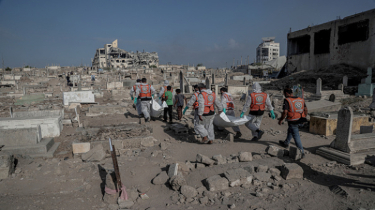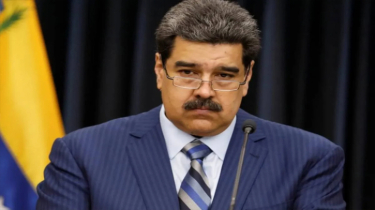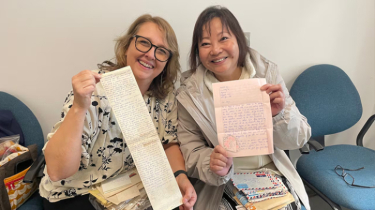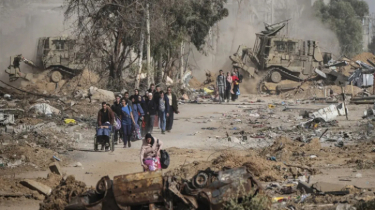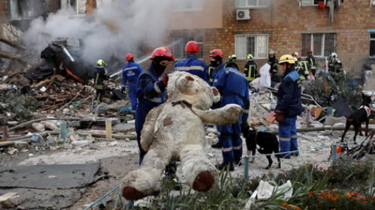Gaza ceasefire brings ‘no change’ on the ground as aid remains blocked or trickling in, residents say
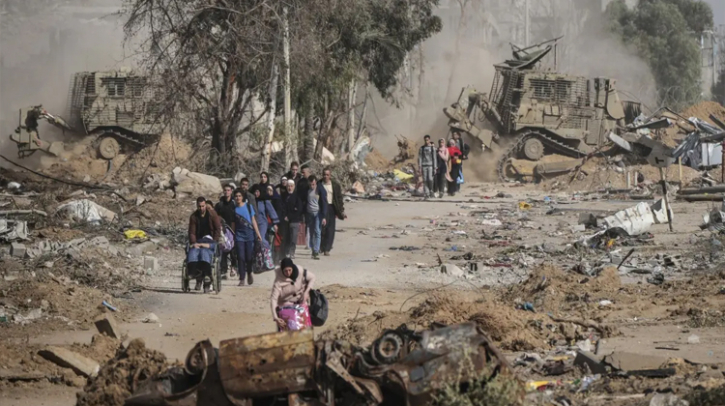
Published : 03:06, 23 October 2025
Palestinians in Gaza say daily life has barely improved since the ceasefire took effect, reporting that Israel continues to keep key crossings largely shut and that aid flows remain far below needs.
Residents interviewed in Gaza described long lines for bread and water, irregular electricity, and shortages of fuel and medicines, while U.N. agencies warned that relief deliveries are still far short of targets.
The World Food Programme said this week that food entering Gaza remains “below required levels” and urged Israel to open more crossings to meet its daily target of roughly 2,000 tonnes of supplies.
Humanitarian groups, including Doctors Without Borders, echoed that the truce has not alleviated the health crisis, citing overburdened hospitals, a lack of medical evacuations, and continued restrictions on essential items.
Israeli officials have intermittently tightened and eased access since the ceasefire began, at times suspending shipments and later announcing limited reopenings.
While the Kerem Shalom crossing partially reopened, aid groups and U.N. spokespeople said the volume moving in is nowhere near sufficient. The U.N. has pressed for unhindered, sustained access and security guarantees so convoys can move safely and at scale.
On the ground, Gazans say the difference between wartime and the ceasefire is marginal: many neighbourhoods remain without reliable power or clean water, rubble clogs streets, and families queue for hours for basic staples.
Local authorities and international agencies warned that without a rapid, measurable increase in aid throughput, especially food, fuel, medical supplies, and shelter materials, the humanitarian emergency will persist despite the guns falling largely silent.
Sources: Al Jazeera, Reuters, AP News
BD/AN



